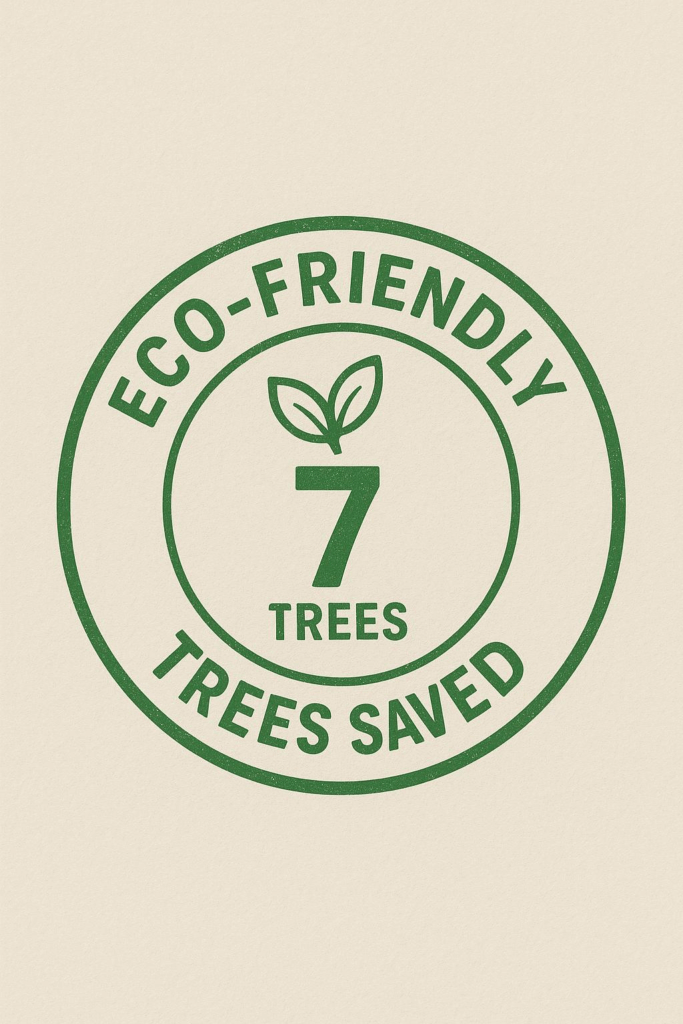I have always admired our many high-quality medical journals. I am certain that countless hours of effort, time, and expertise are behind every publication across specialties.
But as everything evolves, it’s time to revisit our print publication traditions and adapt them to the present digital era. The many pages of monthly printed journals can be easily reduced to a few pages using a half-size, pocket format. This can be achieved by limiting each selected article to its “Abstract” and including a scannable barcode to complement the article. The barcode would connect readers to the full article online via smartphone if they wish to explore the content in greater depth, potentially saving millions of printed pages annually without compromising access to knowledge.
As part of a large group of more than 100 otolaryngologists on the East Coast, I know that many of us receive multiple copies of the same journals each month. Most of these end up in recycling bins, while the online versions remain more accessible and attractive. So why waste so much paper—and ultimately green resources—when we can use current technology to our advantage?
The millions of pages we waste translate into a staggering number of trees lost. A simple calculation—based on widely accepted online sources—estimates that one tree is used for every 10,000 to 20,000 pages printed (Environmental Paper Network. https://c.environmentalpaper.org/). Let’s consider one example: the Otolaryngology-Head and Neck Surgery (OTO) journal, a monthly publication of the American Academy of Otolaryngology-Head and Neck Surgery. At roughly 200 pages per issue, with 10,000 copies printed each month, that totals 2 million pages per month, or 24 million pages per year. This equates to 2,400 trees sacrificed annually for one journal alone! Isn’t it time to reduce our tree consumption to fewer than a thousand—or even just a few hundred? It’s time for our journals to go on a Paper Diet.
The exact number of print medical journals worldwide is unknown, but any number beyond one leads us to the same conclusion.
Rather than focusing on recycling, what if we reconsidered production itself? Especially when it comes to this abstract and barcode-based process.
My suggestion applies not only to medical publishing but beyond, and I believe the otolaryngology societies are well-positioned to take the lead on this initiative.
 A green “Eco-Friendly Stamp” could serve as one of the most prestigious recognitions, displayed on each publication, with the number of trees saved by reducing print numbers right on the front page.
A green “Eco-Friendly Stamp” could serve as one of the most prestigious recognitions, displayed on each publication, with the number of trees saved by reducing print numbers right on the front page.
Amazing thought.! I couldn’t agree more. One more brilliant idea from a brilliant clinician!